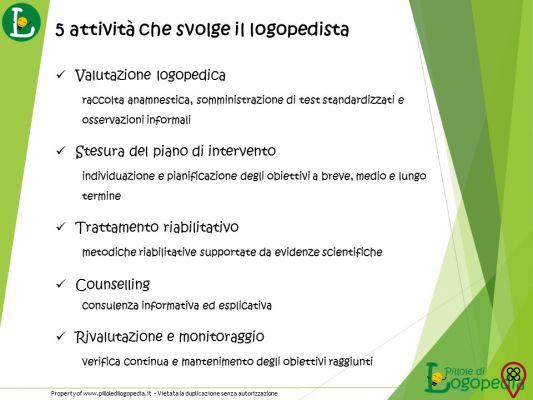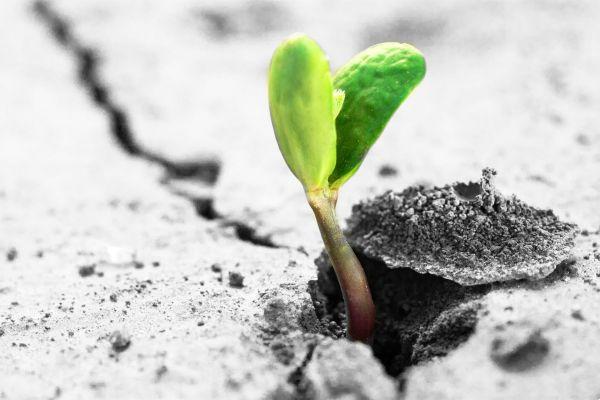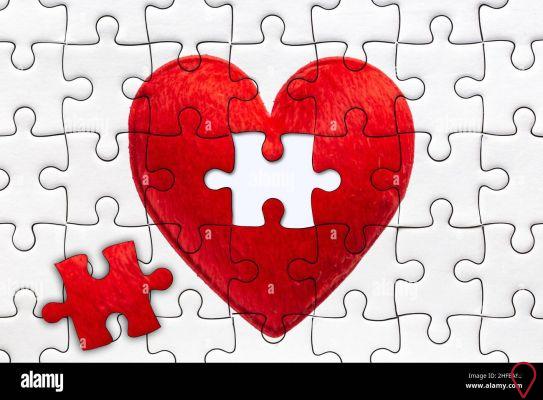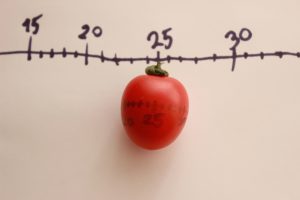Changing eating habits is not always easy for some people, either due to lack of information, family or social pressure or the rooting of some secular myths.
Many seek help from professionals in the area intending to find information and help on the subject and how to proceed, and they may be frustrated or even not change their habits if they do not find suitable professionals, as unfortunately some have stopped in time and have not updated. A suggestion for those who are looking for help from professionals is when scheduling the appointment to ask questions if the professional has experience in this area, because in addition to saving money, you will not need to look for another one. You will save time and you will not leave the consultation frustrated.
The fact is that the myth of the need to ingest animal protein was debunked many years ago by science. We must focus on ethical and healthy food, but not only on this issue, as we must care about and respect the animals' right to live.
We can find pages on the social networks of vegan doctors who are able to correctly serve people who seek to exclude all kinds of “food” of animal origin.
“May your medicine be your food, and may your food be your medicine.” – Hippocrates
Following is a text by Dr. Karla Santone (mastologist) elucidating the animal protein myth:
Debunking the Protein Myth: Meet the 5 most common myths.
Many people don't know how much protein they need or how much they are getting. People following a Western diet — laden with meat and dairy products — consume about twice the amount of protein needed, as well as excessive amounts of saturated fat and cholesterol. While those on plant-based diets – rich in beans and greens – consume protein sources that provide beneficial nutrients that help build, maintain and repair tissues in the body.
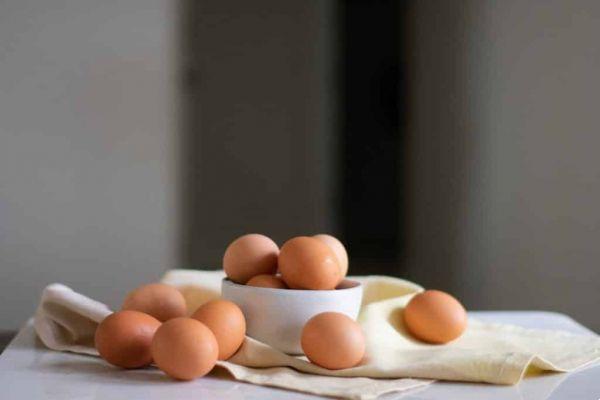
PCRM.org Doctors and Nutritionists debunk five of the most common myths about protein:
Myth 1: Protein is only in meat.
Truth: Legumes, whole grains and pulses are excellent sources of protein without the health risks of meat and other animal products. A half cup of firm tofu contains 13 grams of protein and is not linked to diabetes. A cup of lentils has 16 grams of protein and has no cholesterol. Split peas have 16 grams of protein per cup and are cholesterol free. Just one stalk of broccoli has more than 4 grams of protein and is low in calories. The list goes on.
Myth 2: You need a ton of protein – and you're not getting it.
Truth: If you follow the traditional Western diet – meat and dairy products – you probably get twice as much protein as you really need and that can harm your body. One study found that those who consumed the most animal protein increased their risk of diabetes by 22%. Excessive protein consumption is also associated with osteoporosis, cancer, kidney failure and heart disease.
Someone who weighs 70 pounds only needs 56 grams of protein a day. The recommended amount (RDA) of protein for the average adult is 0,8 grams per kilogram of body weight.

Myth 3: Protein is good; carbs are bad.
Truth: Protein and carbohydrates are part of a nutritionally balanced diet. Carbohydrates are the body's main source of energy and should take up most of your plate. Grains, fruits, vegetables and beans are considered carbohydrates. They are also excellent sources of protein, fiber and other essential nutrients. Carbohydrate deficiency results in ketosis, a state where the body begins to burn fat, at the expense of side effects including bad breath, gastrointestinal problems, fatigue and possible organ damage, among other symptoms.
Myth 4: Protein blending is an absolute must.
Truth: There is no need to plan meals around complementary proteins. In 2009, the “Academy of Nutrition and Dietetics” (AND) released an article stating that eating a variety of plant foods throughout the day provides all the necessary amino acids. The Centers for Disease Control and Prevention agrees with the AND and debunks the rumor that humans need to eat certain proteins together in order to receive adequate nutrition.
Myth 5: High-protein diets help you lose weight.
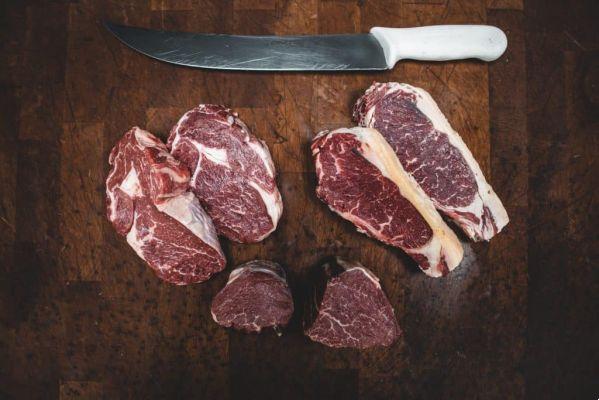
Truth: Calories are calories, whether from carbohydrates or protein. Excess calories from protein will not magically turn into muscle. To lose weight in a healthy way, it is important to have a balanced diet focusing on all the necessary nutrients. Instead of following the protein fad, many people could benefit from finding ways to incorporate plant-based sources of protein into their meals.
How to get the right amount of protein?
The building blocks of life
Protein is an important and necessary nutrient for building, maintaining and repairing tissues in the body. Amino acids, the building blocks of protein, can be synthesized by the body or ingested in food. There are 20 different amino acids in the foods we eat, but our bodies can only make 11 of them. The nine essential amino acids, which cannot be produced by the body, must be obtained from the diet.
A variety of grains, legumes and vegetables can provide all the essential amino acids our bodies require. It was once thought that several plant foods needed to be eaten together to achieve their full protein value, however, we now know that intentional combination is not necessary to obtain all the essential amino acids [1]. As long as the diet has a variety of grains, legumes and vegetables, protein needs will be easily met.
protein needs
With the traditional Western diet, the average American consumes twice as much protein as their body needs. Also, the main sources of protein consumed tend to be from animal products, which are also high in fat and saturated fat. Most people are surprised to learn that their protein needs are actually much less than what they are consuming. To determine your average individual need, simply multiply your weight by 0,8. The recommended protein intake (RDA) for the average adult is 0,8 grams per kilogram of body weight. In grams)[2].
However, even this value has a large margin of safety, and the body's true need may be less for most people. Protein needs are increased for women who are pregnant or breastfeeding. In addition, the needs are also higher for very active people. As these groups require additional calories, the increased protein needs can easily be met through the increased intake of food consumed daily. An extra serving of pulses, tofu, meat substitutes, or other high-protein sources can help meet needs that go beyond the current RDA.
Problems with high protein diets
High-protein diets for weight loss, disease prevention and athletic performance have been widely publicized in recent years. However, these diets are supported by little scientific research. Studies show that the healthiest diet is one that is high in carbohydrates, low in fat and adequate in protein. Increased intake of whole grains, fruits and vegetables is recommended for weight management and prevention of diseases such as cancer [3] and heart disease [4]. High-carb, low-fat, and moderate-protein diets are also recommended for optimal athletic performance [5]. Contrary to the information about fad diets currently promoted by some popular books, a diet that is high in protein can actually contribute to illness and other health problems.

• Osteoporosis. High protein consumption is known to stimulate urinary calcium losses. Plant-based diets that provide adequate protein can help protect against osteoporosis. Calcium-rich foods include green vegetables, beans and some nuts and seeds, as well as fortified fruit juices, cereals and non-dairy milks.
• Cancer. While fat is the dietary substance most often blamed for increasing your cancer risk, animal protein also plays a role. Specifically, certain proteins present in meat, fish and poultry, cooked at high temperatures, especially grilling and frying, have been found to produce compounds called heterocyclic amines. These substances have been linked to several types of cancer, including colon and breast cancer [6-8].
• Long-term, prolonged intake of meat, particularly red meat, is associated with a significantly increased risk of colorectal cancer. The 2007 report by the World Cancer Research Fund and the American Institute for Cancer Research, Food, Nutrition and Cancer Prevention reported that, based on available evidence, diets high in red meat were considered to contribute to the risk of cancer. colorectal cancer. Additionally, high-protein diets are typically low in dietary fiber. Fiber appears to be protective against cancer [3]. A diet rich in whole grains, fruits and vegetables is important for lowering the risk of cancer, [3] not to mention adding more healthy sources of protein to the diet.
• Impaired kidney function. When people eat a lot of protein, it either releases nitrogen into the blood or the nitrogen is digested and metabolized. This puts pressure on the kidneys, which must expel waste through urine. High-protein diets are associated with reduced kidney function. Over time, individuals who consume very large amounts of protein, particularly animal protein, are at risk of permanent loss of kidney function. Harvard researchers reported that high-protein diets were associated with a significant decline in kidney function, based on observations in 1.624 women who participated in the "Nurses' Health Study." The good news is that the damage was found only in those who already had reduced kidney function at the start of the study. The bad news is that as many as one in four adults in the United States may already have reduced kidney function, suggesting that most people who have kidney problems don't know this and don't realize that high-protein diets can put them at risk for kidney failure. deterioration. The harmful effect on the kidney was observed only with the animal protein. Vegetable protein had no harmful effect [9].
You may also like
- Improve your nutrition and mood with just one spice!
- To take gluten out of the diet or not? Read the article!
- What is the cost of being vegan? find it out
• The American Academy of Family Physicians notes that high animal protein intake is in part responsible for the high prevalence of kidney stones in the United States and other developed countries and recommends protein restriction to prevent recurrent kidney stones [10].
• Heart disease. Typical high protein diets are extremely high in dietary cholesterol and saturated fat.
• The effect of such diets on blood cholesterol levels is a matter of ongoing research. However, such diets pose additional risks to the heart, including an increased risk of heart problems immediately after a meal. Evidence indicates that meals high in saturated fat negatively affect artery adhesion, increasing the risk of heart attacks [11]. Adequate protein can be consumed through a variety of vegetable products that are cholesterol-free and contain only small amounts of fat.
• Sabotage of weight loss. Many individuals see almost immediate weight loss as a result of following a high protein diet. In fact, weight loss is not a result of consuming more protein, but simply consuming fewer calories. In the long term, consumption of this type of diet is not practical as it can result in the aforementioned health problems. As with any temporary diet, weight gain is often seen when previous eating habits are resumed. To achieve permanent weight loss while promoting optimal health, the best strategy involves lifestyle changes, including a low-fat diet of grains, vegetables and fruits combined with regular physical activity.
Protein List
High protein diets are harmful. However, adequate but not excessive amounts of protein to maintain body tissues, including muscle, are still important and can easily be achieved in a plant-based diet. While all protein needs are individual, the following guidelines can help you meet, but not exceed, your needs.
• Look for five or more servings of grain a day. This could include 1/2 cup of hot cereal, 30g of dry cereal, or a slice of bread. Each serving contains about 3 grams of protein.
• Eat three or more servings of vegetables a day. This can include 1 cup of raw vegetables, 1/2 cup of cooked vegetables, or 1/2 cup of vegetable juice. Each serving contains about 2 grams of protein.
• Eat 2 to 3 servings of legumes a day. This can include 1/2 cup of cooked beans, 100g of tofu or tempeh, 200ml of soy milk, and 30g of walnuts. Protein content can vary significantly, particularly with soy and rice milk, so be sure to check labels. Each serving can contain about 4 grams to 10 grams of protein. Meat analogues and substitutes are also great sources of protein that can be added to your daily diet.
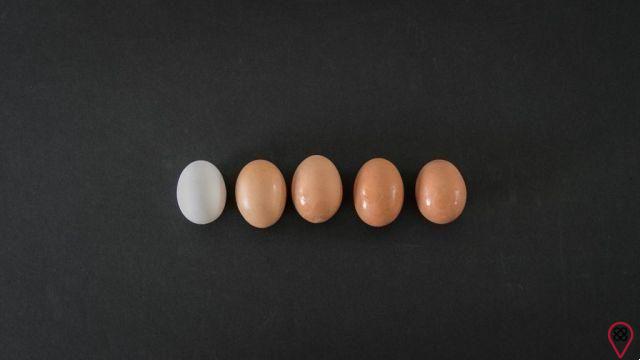
Healthy sources of protein (in grams)
Black beans, boiled (1 cup) ……………. 15.2
Broccoli (1 cup) ……………………………….. 4,6
Bulgur, cooked (1 cup) ………………………. 5,6
Chickpeas, cooked (1 cup) …………….. 14.5
Lentils, cooked (1 cup) ………………….. 17,9
Peanut butter (2 tbsp) …… 8,0
Quinoa, cooked (1 cup) ……………………….. 11,0
Spinach, cooked (1 cup) ……………………. 5.4
Tempeh (1/2 cup) ………………………………. 15,7
Tofu, firm (1/2 cup) …………………….. 19.9
Whole wheat bread (one slice) ……………… 2.7
References
On Facebook we can find the Vegetarian Doctors page with valuable tips:



